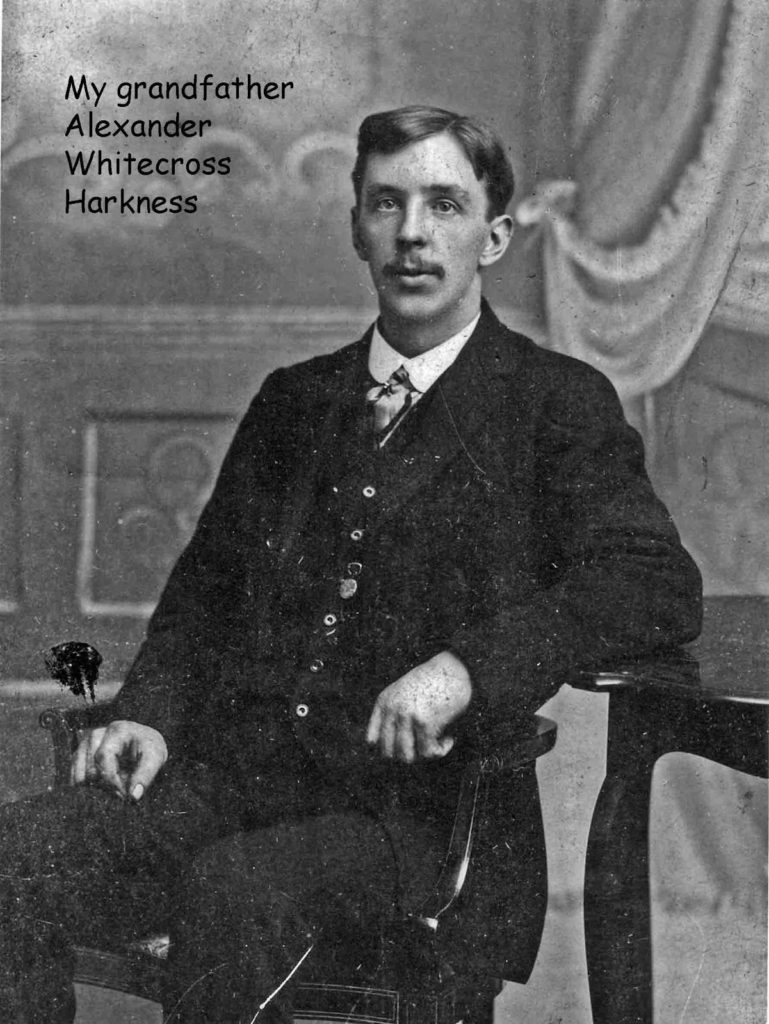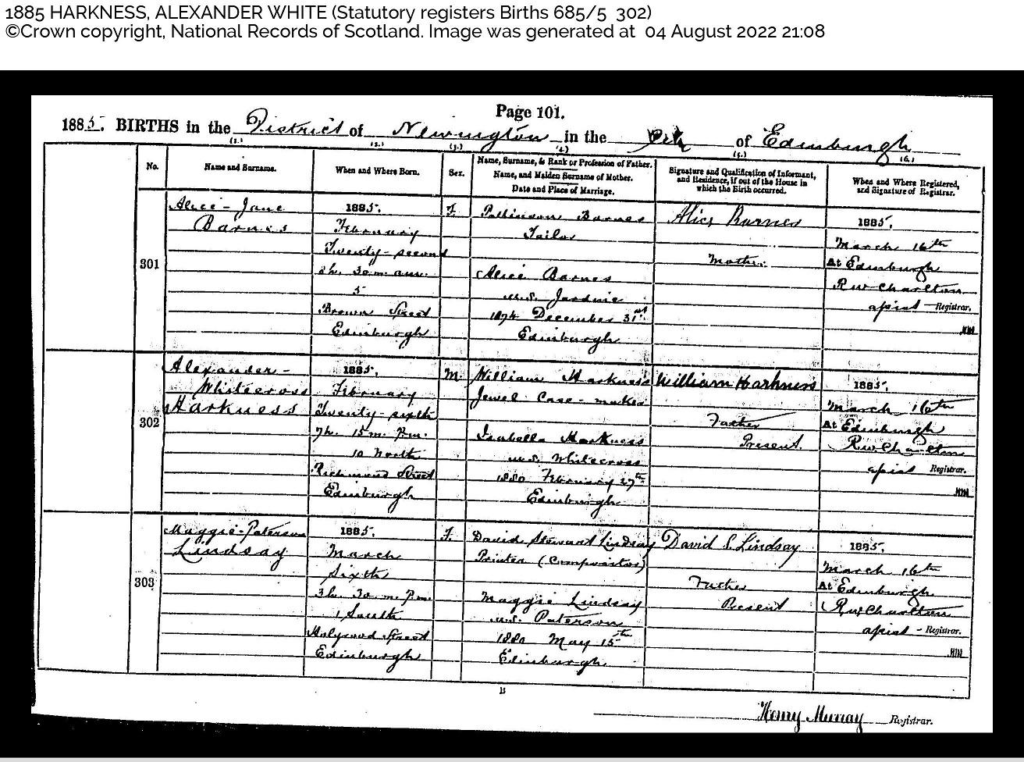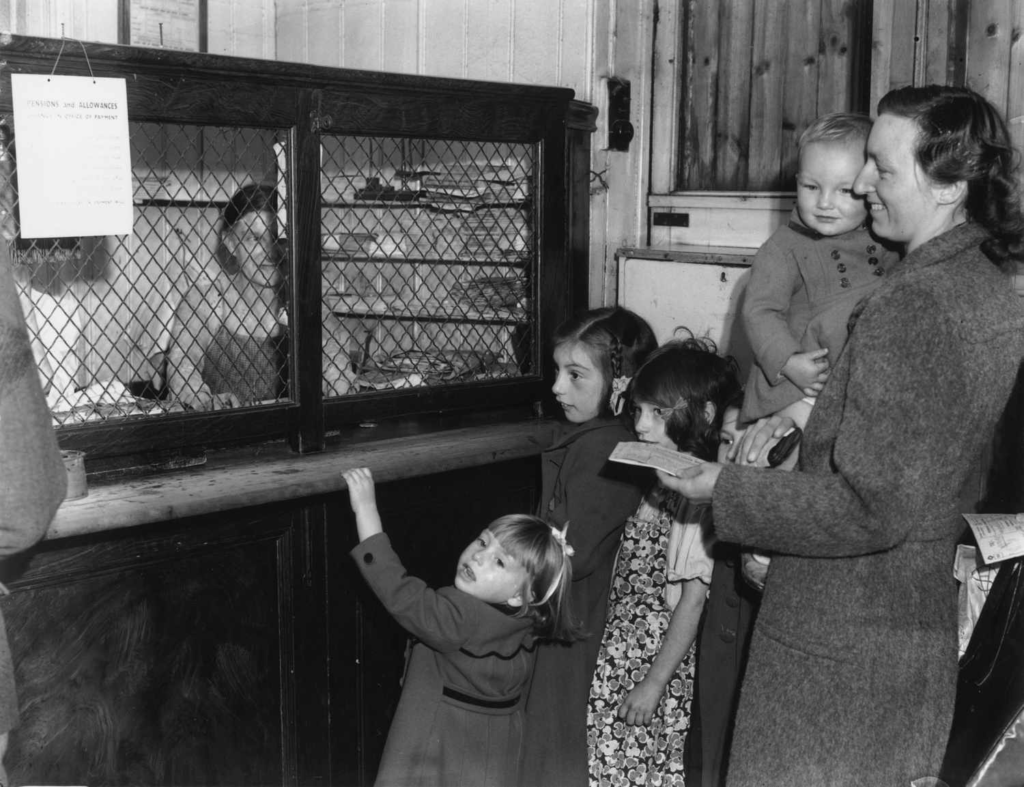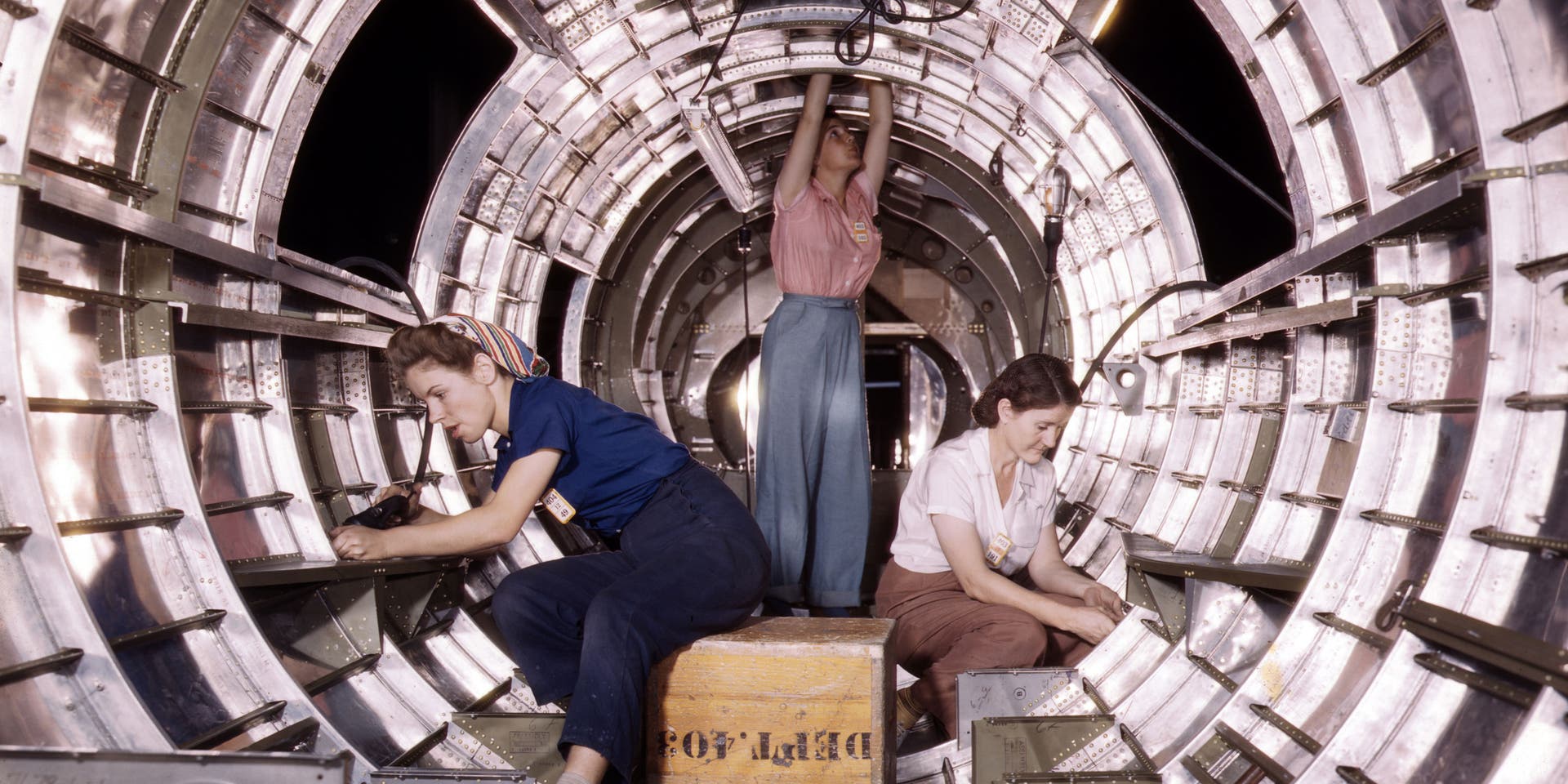Family’s Occupation in the last 200 years
Writers in the 21st century talk about the ‘nomadization’ of work (Bruder, 2017); that is, having to travel in search of work. However, this, of course, is nothing new. The whole process of urbanization is proof of this. In terms of employment, one could even say that ‘war’ was the best thing that ever happened to many people. For many, it meant a steady job. During times of war and other crises, however, governments often become compelled to care for the welfare of their citizens, leading to empowerment; of course, this is if we ignore the phenomenon of ‘cannon fodder’.3 Thus, it might be said that our family flourished like never before during the war, despite rationing and other hardships.
In times of peace, governments and industries often have little interest in providing people with steady, permanent, well-paying jobs. Workers become victims of the market of supply and demand and profits.
I have already described in previous posts how the war had provided my father with full-time employment, which allowed our family to thrive. My father was an electrical engineer (after graduating from being an electrician). His father was also an electrician; similarly, my brother Alistair was also an electrician. My elder brother Alexander is a chemical engineer; while his son, Alexander Harkness, is a prominent engineer who has registered many patents4.
In other words, there are many ‘engineers’ in my family line. which can also be related to the industrialization processes in Britain. But if we go further back down the family line, we can find other skilled tradesmen, such as weavers, cabinet makers, iron dressers, sail makers, stone masons, clock makers, and so on.
My Grandfather

My grandfather, Alexander Whitecross Harkness, was born in 1885. This was only three years after Edison helped establish the Edison Electric Illuminating Company6 in 1882; however, it took many years for new, major innovations to make a significant impact. Some commentators speak of a ‘thirty-year rule’.7

My Grandfather’s Testimonials
My mother had faithfully kept my grandfather’s testimonials, together with my father’s. We could say that they were both at the forefront of technological development in terms of competence. It was discussed in an earlier section that my father was working for Pratt Brothers as an apprentice electrician from 1932 to 1938. Interestingly, my grandfather had also worked for Pratt Brothers during WWI.
But I don’t want to jump the gun; I’ll talk about my grandfather’s working life in volumes III and IV of “No Woman No Cry”.
Welfare Society after WWII
As mentioned, governments are not always concerned about the welfare of ordinary people during ‘normal’ peacetime despite all their electoral promises. Without going into a theoretical discussion, the hardships brought by war may have indirectly resulted in the creation of the welfare society in Britain (and in other European countries). The reader can find a lot of research on the Internet that supports this idea.8
The United States
However, the United States’ victory in World War II did not result in the establishment of a welfare society by the US government. Perhaps this was deemed unnecessary as the US economy was booming in the immediate post-war period. Yet, economic inequality increased following the implementation of neoliberal policies in the 1980s.9
Unlike in many European countries, poor people in the United States could not depend entirely on social welfare. In other words, the various governments did not see the need to implement social welfare programs because of the myth of the “American Dream.” Moreover, such welfare programs seemed to suggest that socialist policies should not be eschewed. Of course, for many Americans, this was an ideological anathema associated with the ‘red peril’.
Indeed, there are perhaps also other reasons why the US does not, like many European countries, have a welfare state. Some researchers suggest that one of the reasons may be that the US is characterized by racial heterogeneity; or more specifically racial animosity. Thus, the redistribution of wealth to the poor, who are disproportionately black, is not appealing to many voters, or rather not appealing to white voters. Moreover, American political institutions have limited the growth of socialist parties, and more generally limited the political power of the poor.10
Britain

Britain, on the other hand, had to ‘reward’ the people who had sacrificed so much during the war by introducing a welfare state.11 Moreover, during the war, governments were ‘forced’ to ‘man’ factories with women, as the men were employed in hostilities; this resulted in increasing women’s rights. During the post-war period other ‘minorities’ also gained rights.12 Thus, in the 1960s, it was no longer a crime to engage in homosexual activities.13
This cultural and sexual revolution14 meant that the state and the church no longer rigidly controlled people’s lives, including their sexual lives. Women who were unhappy in their marriages could more easily get a divorce.15 In other words, the Second World War ironically laid the foundation for the ‘Hippie Age’ and the ‘Age of Promiscuity.’ Such ideas would be abhorrent to my parents (who were the ones committed to ‘wartime efforts’).
3 Of course, the idea of using young men as ‘cannon fodder’, while lying to them, and saying they are ‘national heroes’, is not something only associated with World War One, but something that is still happening today – specifically, the mass slaughter of young Russian men in the invasion of Ukraine. Dailymail. Read: 27 April 2023.
4 https://radaris.com/f/Alexander/Harkness/Inventor Read: 27 April 2023.
6 https://www.nps.gov/edis/learn/kidsyouth/the-electric-light-system-phonograph-motion-pictures.htm
7 https://digitaltonto.com/2017/the-30-years-rule-innovation-takes-a-lot-longer-than-you-think/
10 Alesina, Glaeser & Sacerdote. 2001. “Why doesn’t the US have a European-style welfare system?”. Harvard University, Cambridge, Massachusetts. https://scholar.harvard.edu/files/glaeser/files/why_doesnt_the_u.s._have_a_european-style_welfare_state.pdf
11 https://en.wikipedia.org/wiki/Welfare_state_in_the_United_Kingdom
12 https://www.history.com/news/how-world-war-ii-empowered-women Read: 16 August 2022.
13 https://en.wikipedia.org/wiki/Sexual_Offences_Act_1967
14 Marwick, Arthur. The Sixties: Cultural Revolution in Britain, France, Italy, and the United States, c.1958-c.1974. 1998.




2 Replies to “Empowerment during World War II”